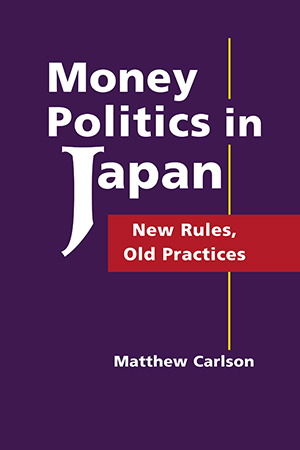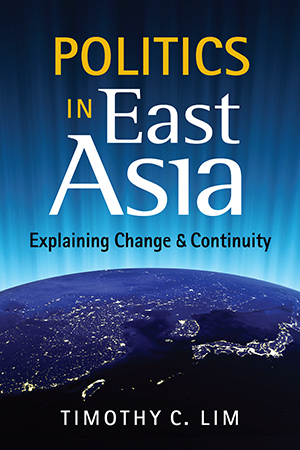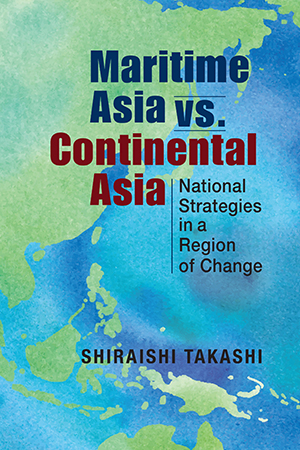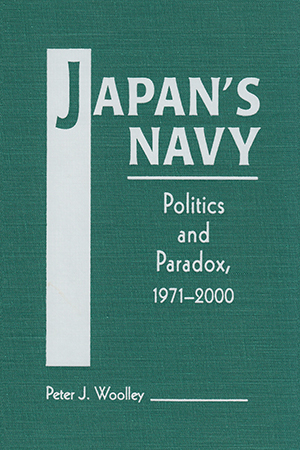Japan
How have shifts in both the international environment and domestic politics affected the trajectory of Japanese foreign policy? Does it still make sense to depict Japan as passive and More >
On publication in France, Jean-Marie Bouissou's depiction of modern Japan was acclaimed as "the best of its kind." This English-language translation has been updated to cover More >
Have the far-reaching political reforms enacted in Japan more than a decade ago succeeded in reducing corruption and the high costs of elections? Or have the results been "business as More >
Long constrained as a security actor by constitutional as well as external factors, Japan now increasingly is called to play a greater role in stabilizing both the Asia-Pacific region and More >
The years in Japan between June 1924, when a coalition cabinet of three political parties was established, and December 1941, when the country declared war on the United States and Britain, More >
This systematic, innovative introduction to the dynamic politics and political economies of China, Japan, North Korea, South Korea, and Taiwan teaches students how to think analytically, More >
Widespread dissatisfaction in Japan in the 1990s set the stage for numerous political reforms aimed at enhancing representation and accountability. But have these reforms in fact improved More >
Transformations in both Japan's domestic culture and its foreign relations in the last two decades have led to, among other outcomes, a shift to a more militarized defense policy. Yumiko More >
Shiraishi Takashi reflects on the diplomatic challenges facing the countries of Asia in today's geopolitical order, exploring historical context, long-term trends, and current More >
Japan’s navy, after that of the United States, is now the most potent in the Pacific Ocean. This book examines the development and potential of the Japanese navy in the context of the More >
Memories can be shared—or contested. Japan and Korea, just one case in point, share centuries of intertwined history, the nature of which continues to be disputed, particularly with More >
















